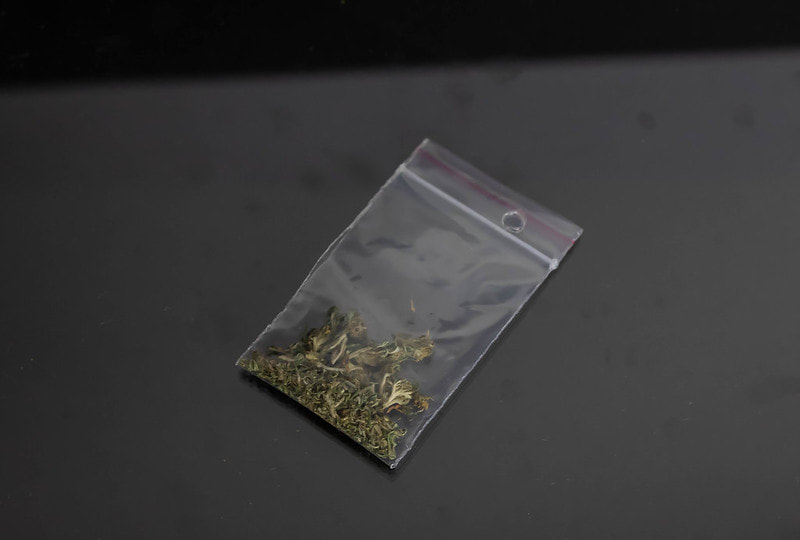Cannabis offences have plagued numerous Canadians for years. Saddled with the stigma of a criminal record, conservative estimates place over half a million Canadians under additional scrutiny as a result of a conviction for simple possession of cannabis.
Now that cannabis is legal for personal possession and recreational use in Canada, the hope was that along with this would come expungement of criminal records for cannabis use. But that did not happen. What the Government proposed instead was something far more problematic.
And now that has become the law.
Bill C-93 was the Federal Government’s feeble attempt at addressing the historical injustices of convictions for simple possessions for cannabis. What the Bill allows for is an expedited process to obtain a pardon, with a waiver of the associated fees, and the ten-year waiting period.
But it’s not a no-strings-attached pardon process. First of all, it applies only in the circumstances of simple possession of cannabis. This is despite the fact that many people have convictions for more nefarious-sounding offences. Take, for example, early activists in the cannabis dispensary market. Many people involved in running cannabis dispensaries have received convictions for trafficking or for possession for the purpose of trafficking, despite the fact that they may have been trying to provide medicine to those who need it.
I have represented clients who have possession for the purpose of trafficking convictions stemming from transporting cannabis to dispensaries. They are not profiting, they are doing a public service, they committed a non-violent cannabis offence, but they are nevertheless ineligible for an expedited pardon.
And what about the historically disproportionate sentences that people of colour and Indigenous people have received for cannabis possession offences? The Bill only permits the pardons if the person has served their sentence. This means that anyone still on probation, or anyone still serving the remainder of a jail term is ineligible for an expedited cannabis pardon right away.
Oh, and if you still owe fines you are eligible for the cannabis pardon. But getting the pardon does not eliminate your fines. As the government threatens, civil action will be taken against you if you do not pay any outstanding fines and victim fine surcharges. Bear in mind that the mandatory victim fine surcharge was recently found unconstitutional. But who’s counting, right? After all, you’re saving $631 in application fees.
Now, a pardon won’t end the stigma associated with a historical cannabis conviction. A pardon does not erase your criminal record. Instead, it basically boxes it up and sets it aside, away from other records. If your information about your cannabis conviction has already been accessed by or shared with United States border officials, or by any other country’s border patrol, you will not be able to take that back. A pardon does not guarantee you entry into the United States.
This bill was before the Senate shortly before Parliament rose for the summer break. The Senate had a chance to properly study the bill, make amendments, and send it back to the House of Commons with consideration for the stigma, the historical injustices associated with cannabis convictions and people of colour or Indigenous people. They had a chance to make that more fair.
Instead, they passed the bill without amendment. And this is what Canadians are left with. A flawed and ineffective pardon system that will perpetuate injustices against many marginalized people.
